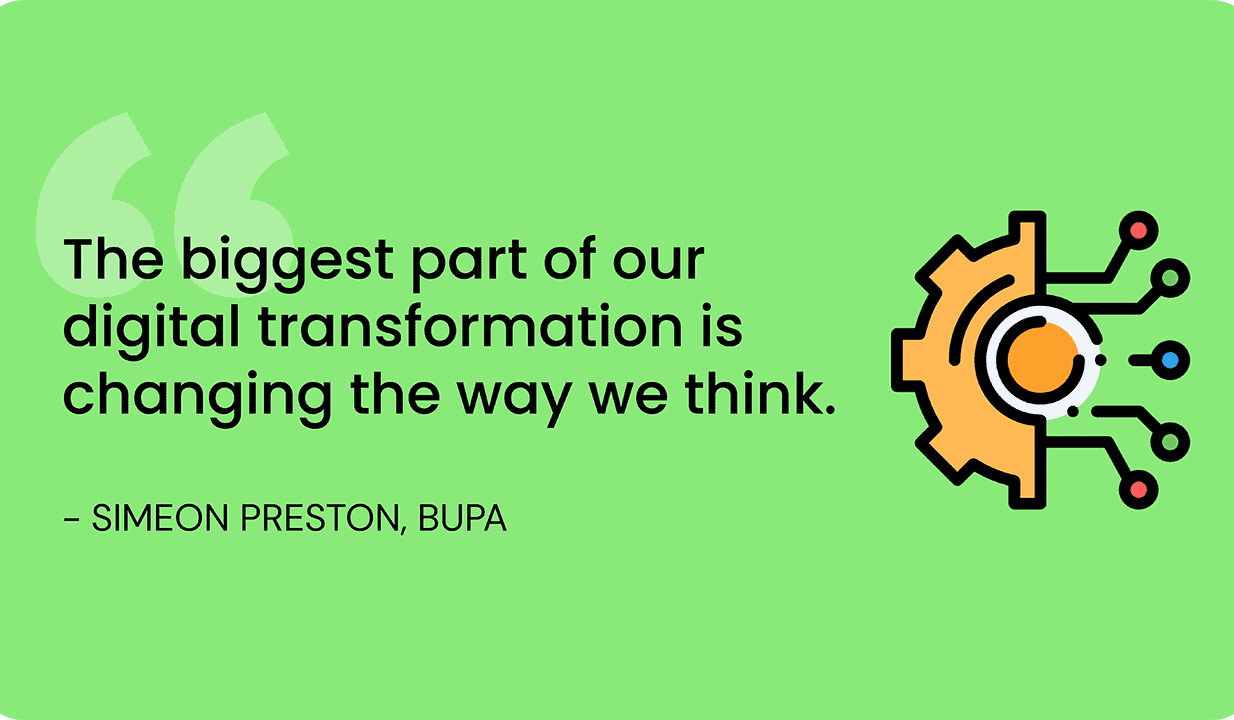
For centuries, the printing industry has been a fundamental game player in the dissemination of information whilst serving as a major channel for communication. The vast realm of print drove the very life force of a society. Some notable examples include textbooks, newspapers, and mails – that is in fact, where we as members of society derive knowledge and stay connected with each other.
However, time passes and the course of nature eventually goes through wave of changes. And most times, change is not necessarily kind. With the introduction of technology, printing industrial houses are met with harsh weather and slippery slopes. In the year of 2020 itself, CRN reports the decline of print volumes by a whopping seven football fields per minute.
Technology has most definitely become a penetrative force in our society – how has technology evolved and where will it take us?
Just like us human beings, technology has come a long way.
From immobile televisions that had us glued on our couches to mobile phones and tablets that now facilitates on the go movement.
From big stationary clocks on the wall to wearable smart watches accompanying our evening walks, technology is evolving at the speed of a bullet train.It makes one wonder – what kind of future will bear fruit with the growing development of technology?
Where is the Future Taking Us?
A boom in digital data and alternatives has greatly affected multiple industries and by an extension, revolutionised the way in which society functions.
Just take a look at consumer behaviour and actions – New Straits Times reported more than half of the Malaysian population are turning to cashless payment methods since the Covid-19 outbreak. Cash is slowly but surely becoming an artifact of the past as Standard Chartered states that a majority of 79% of Malaysians are expecting the country to go completely cashless in the next 9 years.
We also see it in the perspectives of business sectors – Dell’s Digital Transformation Index 2020 has stated that eight in ten organisations sped up their digital transformation programmes in the respective year.
This goes to show that digitalisation is no longer an option but a necessity for the survival and longevity of businesses. Now, consumers and businesses are boarding the flight to a heightened digital era, and so is Inter-City.
Digitalisation – How Critical is it?
A digital transformation is critical to any business organisation in this technology driven age.
Organisations that still have their feet planted in traditional roots will more or less go through difficulty when transitioning to digital methods and lack the relevant resources to push them forward. We plan to lend a hand to those in need of support by providing critical data needed to carry forward a digital transformation.
In the effort of going digital, one can reap various benefits. One of the biggest and most obvious factors is the fact that we can raise eco-friendly efforts. Converting to digital alternatives will decrease the amount of paper employed. A local study conducted by University of Malaya has shown that paper accounts for a total of 18%, making it the second highest component of waste among other municipal solid waste. The importance of sustainability has been highlighted by JD Supra as a must-have for business organisations to flourish as investors are concerned with Environmental, Social and Governance (ESG) performances.
Modernising Inter-City
Inter-City has been around for 2 decades and has been widely pegged as a printing based company which mainly handles bulk mailing services. Coming a long way since the late 80s, we have expanded from data document processing (DDP) and record management services (RMS) to incorporating digital solutions that will elevate business prospects and processes.
In order to remain caught up with a constantly evolving society, a digital transition is brewing within the walls of Inter-City. We are no longer merely operating from standards of physicality but significant degrees of digital grounds and this can be seen in the delivery of digital solutions like email and SMS blasting.
As local councils, banks and other organisations make the decisive choice to go digital, we plan to be the bridge that leads you wherever the future lies. As one might already know, undergoing a digital transformation is a long and arduous road. According to Econsultancy, the most commonly quoted time frame is 5 years. Along the road to digitalisation, we intend to journey through the low and high tides with you. We hope that through our decision to go digital, we will give others the confidence to revamp their respective business.
What’s next?
Inter-City is no longer solely running on a treadmill of print but venturing into uncharted territory. Though this phase of digitisation is a long and challenging feat, we are thankfully no stranger to adaptation and are always seeking to grow.
While preserving the core of a printing company, we, here at Inter-City, are determined to brave through this digital storm by gearing ourselves with the appropriate measures, tools and services to take us to new heights. In order to get to our desired destination, we will partner with Tekkis, a tech start-up, to be the medium in facilitating data and information required.
Data is the beating pulse and the very foundation of any given organisation. Therefore, we will provide aid by gathering necessary data and crucial information for our clientele to go digital.
To those currently adopting an old-school fashion business operation that are seeking to digitise but are clueless on the “how-to”, allow us to be the bridge that guides you to the ever developing digital destination.
Let us be the bridge that guides you into the future.
“It’s not a faith in technology. It’s faith in people.”
-Steve Jobs
Resources: https://www.linkedin.com/pulse/marching-towards-digital-bridge-intercity-mpc-m-sdn-bhd/

